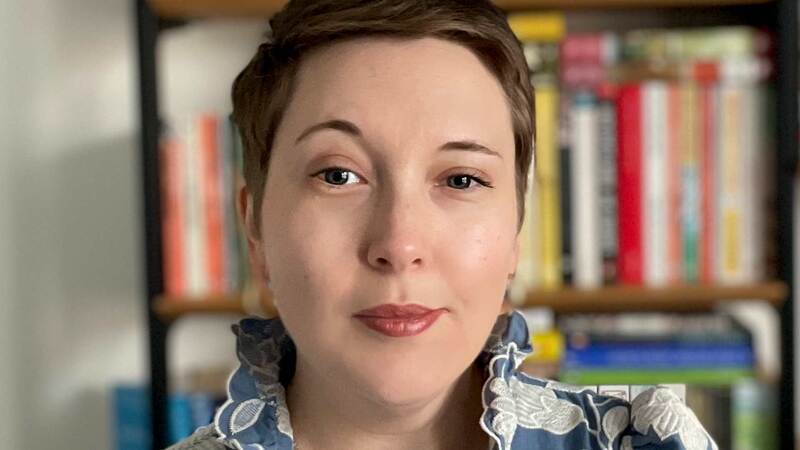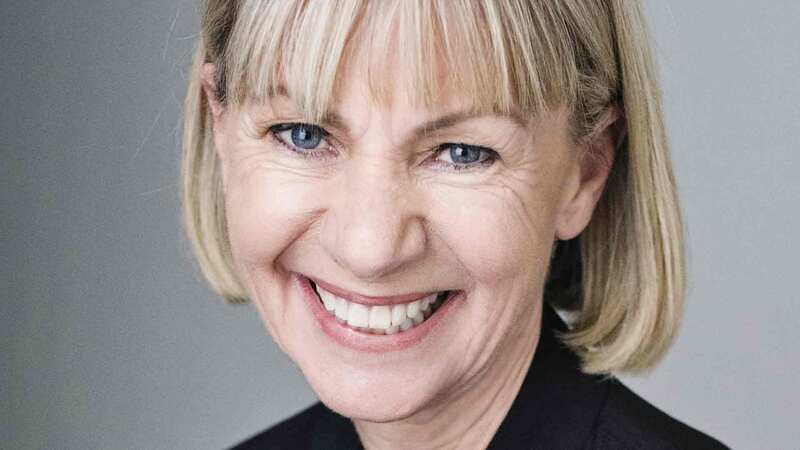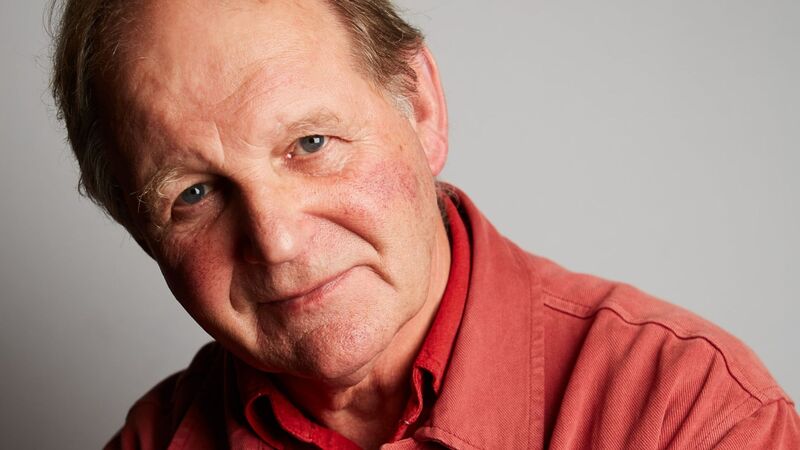You are viewing your 1 free article this month. Login to read more articles.
Women's Prize for Fiction reveals new sponsorship model
The Women's Prize for Fiction has announced it is adopting a new, collective sponsorship model instead of a single headline sponsor going forward.
It revealed the news today (31st May) after current sponsor Baileys, owned by Diageo, announced earlier this year it had decided not to renew its support for prize in 2018 because of change of strategy.
It will be known simply as The Women's Prize for Fiction going forward and will retain its £30,000 cash prize, which is provided by an anonymous donor in perpetuity.
Kate Mosse, novelist and co-founder of the prize, said under a new model, a “family of sponsors” would now support the award going forward, which she called a “new sustainable way of working in a changing world”.
They will be a group of leading brands and businesses from different sectors. Diageo will return as one of the sponsors, but the others will not be revealed until the autumn as part of the launch of the 2018 prize, with conversations still taking place.
“We are excited to be announcing the next chapter for the prize,” Mosse said. “Our family of sponsors model not only gives us a new sustainable way of working in a changing world - based on one already successfully used in other areas of the arts – but also will enable us to reach an even wider range of readers through the varied and long-term partnerships we are building.”
She told The Bookseller: "We weren’t looking for a headline sponsor in the end. What we decided was, we have had a brilliant time with Baileys and they were very say about stepping away as a headline sponsor and still wanted to be part of the prize going forward. The more conversations we had with potential sponsors we realised that this was the best way forward.
“We are incredibly excited about the new model, it has energised us. It is about collaboration and those business-to-business conversations happening between sponsors. That will allow us to do more and grow further with the support of all these different groups.
“In terms of sustainability, it also means one sponsor can come in for 10 years if they want to, another for three years. It means we don’t have to halt everything the second a sponsor drops out."
She added the the prize was "absolutely" still required in the modern times. “Women’s creativity is a wonderful and amazing thing and it should be celebrated, and people want to be involved with it," Mosse said. "We get that from everybody we speak to.”
Syl Saller, chief marketing officer at Diageo, added: “Our partnership with the prize has been mutually rewarding over the last four years. We are thrilled to continue the relationship in this new model of partnership. We look forward to collaborating with the new family of sponsors as we celebrate women’s voices from around the world.”
The award celebrating exceptional fiction by women, was known as the Orange Prize for Fiction for 17 years, from 1996 to 2012, until the company dropped out to concentrate on film industry sponsorship. A collection of sponsors supported the prize in 2013, until Baileys came on board from 2014 to 2016 as part of a three-year partnership and backed the prize again in 2017, but announced earlier this year it had decided not to renew its support for 2018 because it had changed strategy and wanted to push into non-English language speaking markets.
Other literary prizes searching for new sponsors have recently found support from the financial sector, with investment management company Bailee Gifford taking over sponsorship of the Samuel Johnson Prize for non-fiction, and investment management company Rathbone sponsoring the award formerly known as the Folio Prize.

















